World Wetlands Day: Camley Street Natural Park, King's Cross
Posted by SECRET GARDENER
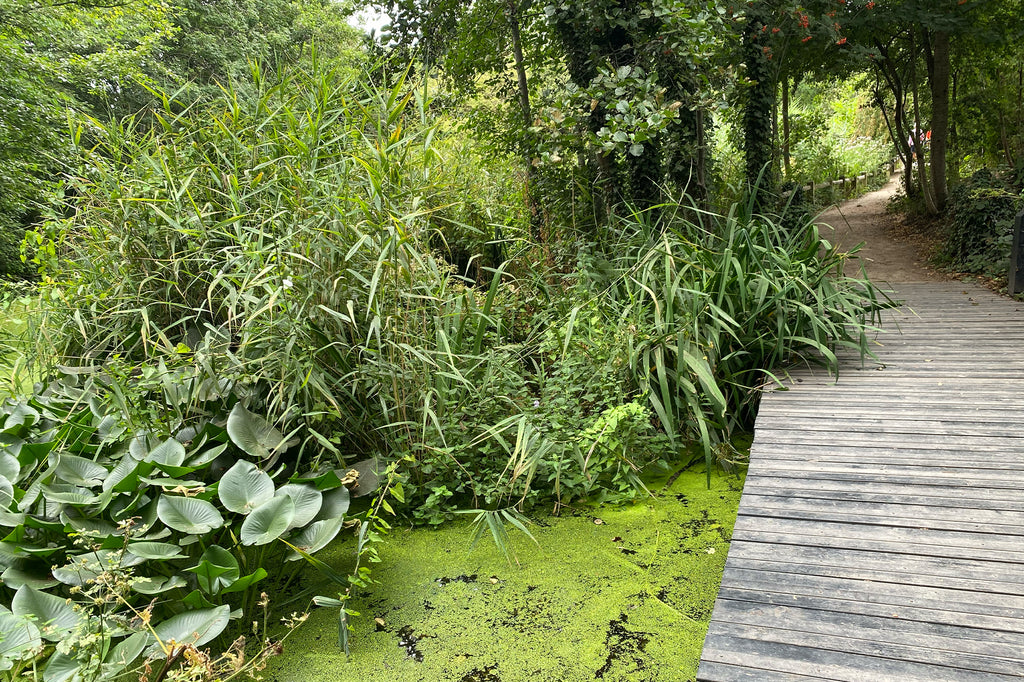
Sharing awareness of wetland restoration for World Wetlands Day
Across the post-industrial redeveloped landscape of Coal Drops Yard and the waters of Regents Canal lies an area that was once an abandoned coal yard. This part of King’s Cross, once a bustling site of coal distribution, has seen its landscape change dramatically over the last 40 years.
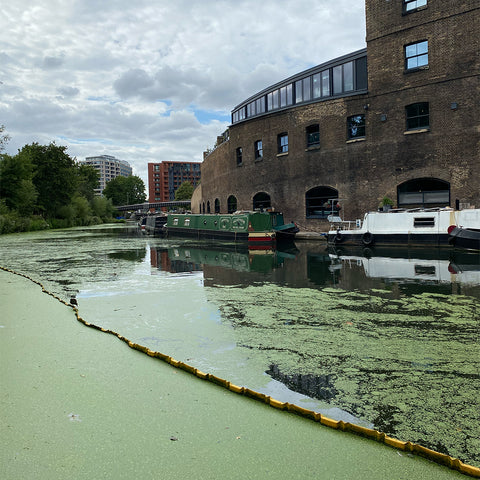 Above: Regents Canal as seen from Camley Street Natural Park
Above: Regents Canal as seen from Camley Street Natural Park
Camley Street Natural Park was created in 1984, and although it may be one of London’s smallest urban parks its two acres of wetland, grassland and woodland are home to a densely populated rich habitat for local wildlife.
It was recently closed for a two-year regeneration project, supported by the National Lottery Heritage Fund and other funders, and now has a visitor centre, café and viewpoint floating on the canal, to welcome the thousands of visitors it receives each year.
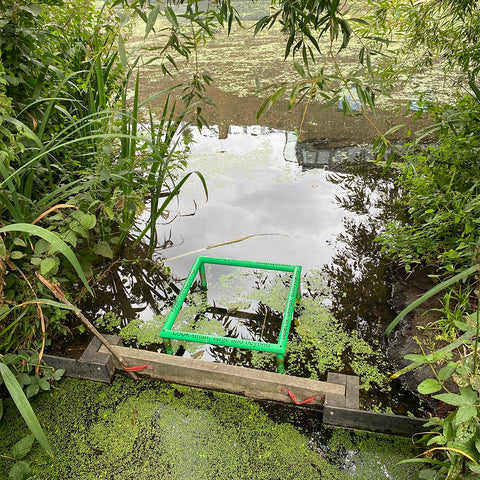 Above: a site for observing wildlife in the wetland at Camley Street Natural Park
Above: a site for observing wildlife in the wetland at Camley Street Natural Park
Run by London Wildlife Trust (LWT) as a site for education, children are encouraged to get involved in pond-dipping, look for mini beasts and spot moorhens through the reeds on the water.
What is World Wetlands Day?
The aim of World Wetlands Day is to spread awareness of wetlands and the urgency of their restoration.
Wetlands are land areas that are saturated or flooded with water either permanently or seasonally.
Examples include marshes, swamps, mangroves, fishponds, and coral reefs.
Why are wetlands important?
According to World Wetlands Day statistics, only 2.5% of water on earth is freshwater, with only 1% usable. Wetlands are the most threatened ecosystem on earth despite being a vital source of most of our freshwater.
In London, bodies of water such as lakes, rivers, and canals help to sustain bird populations as well amphibians and fish. You might have noticed areas of vegetation growing around the edges of ponds; these provide habitats for moorhen and coots, and refuges for newts and the common frog.
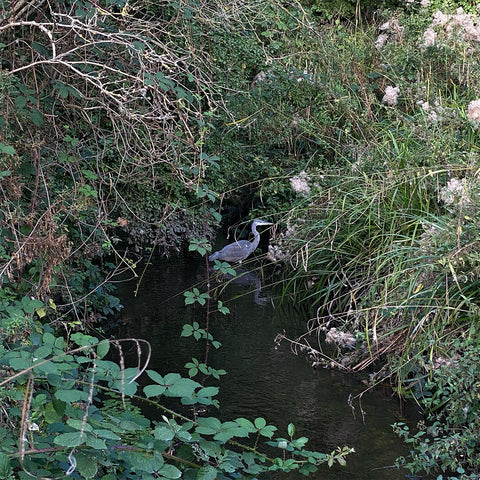 Above: a heron in the Wetland in Morden Hall Park, South London
Above: a heron in the Wetland in Morden Hall Park, South London
Draining wetlands for agriculture and construction is driving the fast decline of wetlands, but water pollution and overfishing are also harming ecosystems – with one in three freshwater species facing extinction.
What are the benefits of restored wetlands?
- Wetlands such as peatlands and mangroves are great carbon sinks.
- They are important in reviving biodiversity as a huge 40% of the world’s species live or breed in wetlands
- Wetlands can prevent flooding during extreme weather by taking in excess rainfall
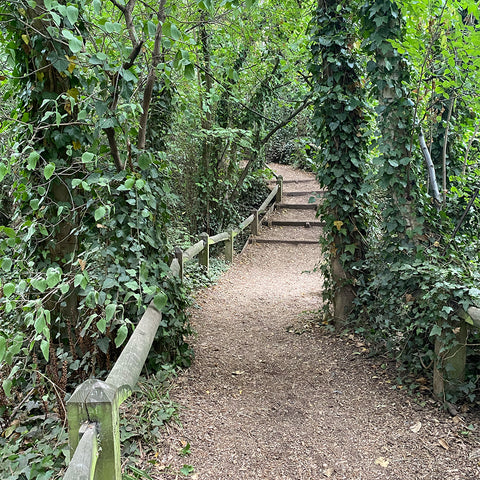 Above: the woodland trail at Camley Street Natural Park
Above: the woodland trail at Camley Street Natural Park
How to get there
If you're looking for an educational day out, visit Camley Street Natural Park:
Address: 12 Camley St, London N1C 4PW. A short walk from Coal Drops Yard, King's Cross.
Nearest tube: King's Cross St. Pancras Underground Station
Entry: free, but donations welcome!
Opening times: Daily 10.00am - 4.00pm (check seasonal opening times). The Kingfisher Café is open Wednesday to Sunday 10.00am – 4.00pm
We also visited the Wetland Boardwalk in Morden Hall Park in South London which you can read about here.
Share your photos of wetlands on social media using the hashtags #GenerationRestoration #ForWetlands or #WorldWetlandsDay

